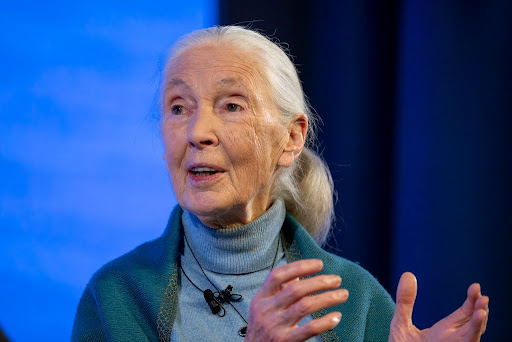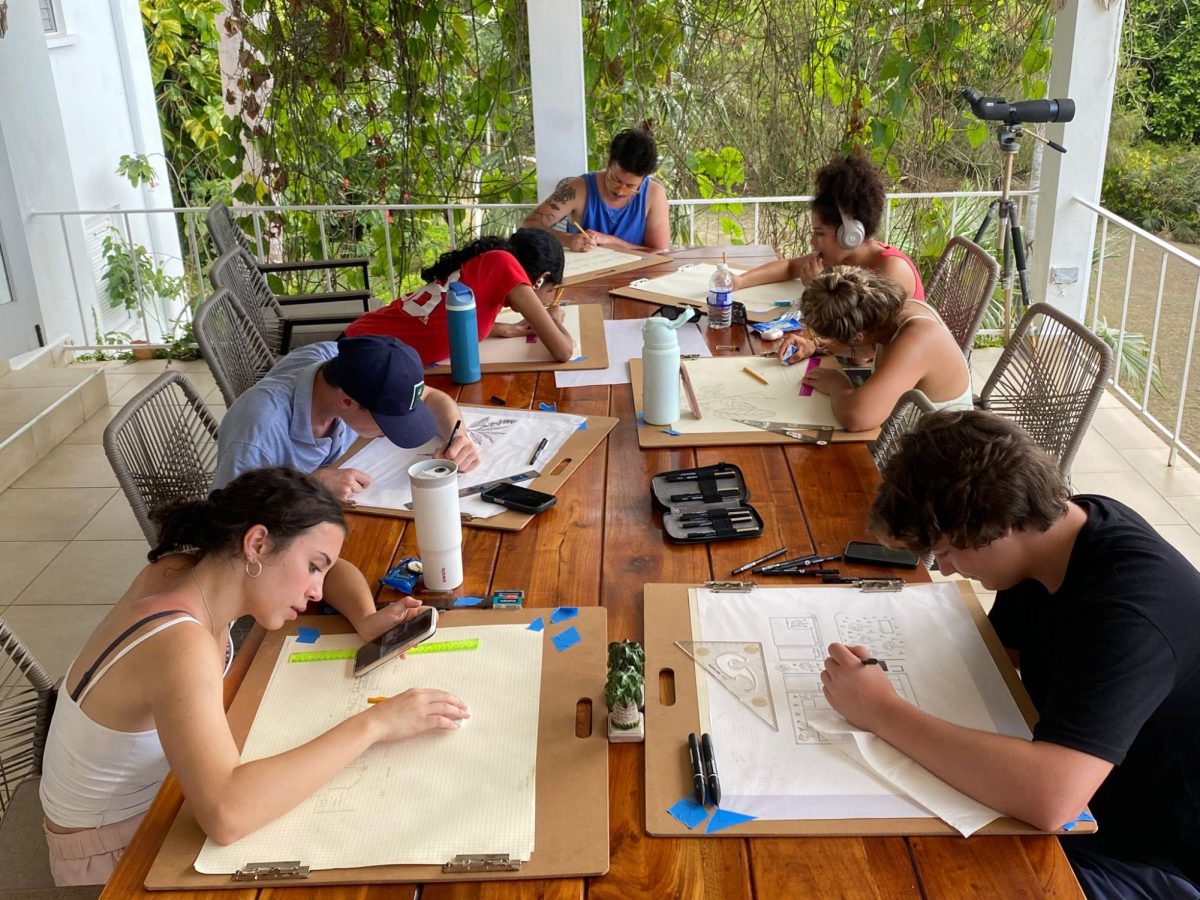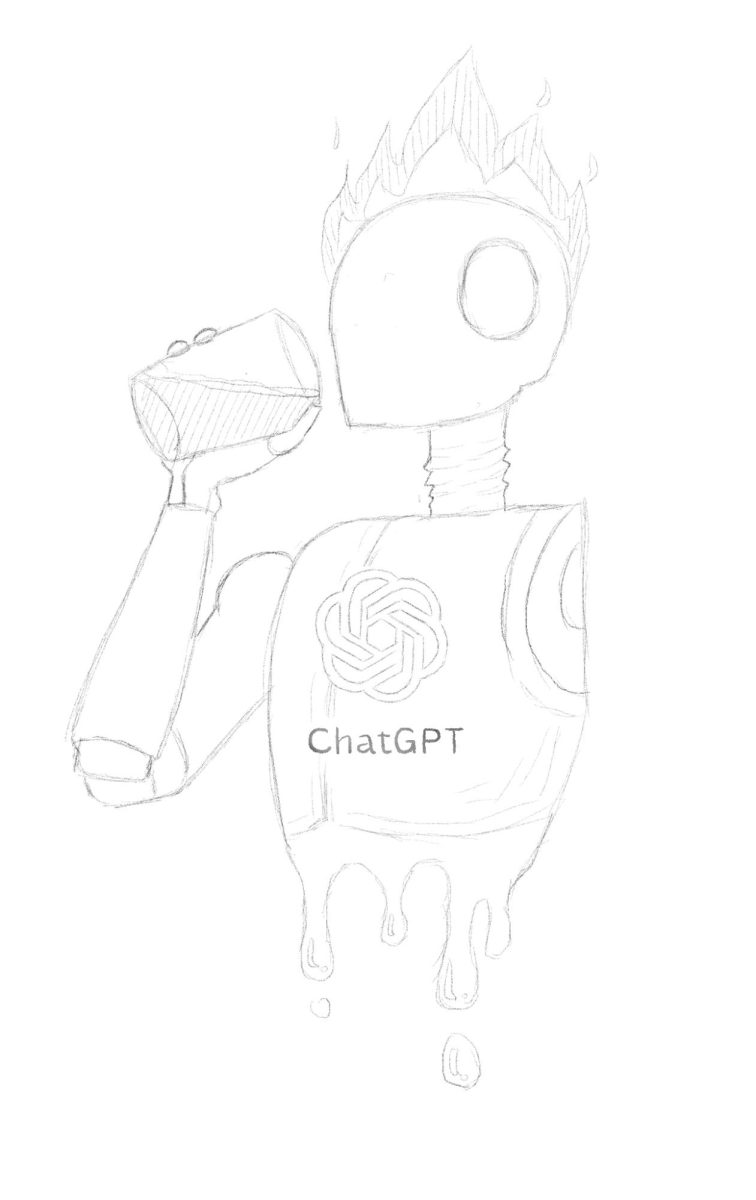The Horn of Africa is currently witnessing one of the worst food crises recorded. Millions of people in Somalia, Ethiopia, Sudan, and Kenya are suffering from hunger, malnutrition, and starvation as a result of severe drought, violence, economic instability, and limited access to humanitarian relief. The Horn of Africa’s food insecurity is caused by natural and anthropogenic elements that require immediate action.
Over the last few years, the Horn of Africa has seen periodic droughts. Climate change has also exacerbated and increased the frequency of periodic droughts – destroying crops, killing livestock, and depleting water sources. With soil degraded and rivers reduced to trickles, farming and pastoral communities are unable to maintain themselves – leaving millions without food or clean water. Executive Director of Unesco Kenya Kingsley Nyandika said, “This crisis is not just the result of one factor; it’s a storm created by climate change, conflict, economic instability, and disrupted supply chains.”
Armed conflict, specifically the current escalation in Sudan, has driven millions of people from their homes – cutting them off from food sources. The conflict in Sudan in 2023 was a violent fight between the Sudanese Armed Forces, led by General Abdel Fattah al-Burhan, and the paramilitary Rapid Support Forces, led by General Mohamed Hamdan Dagalo. The battle began in April 2023, and swiftly expanded throughout Sudan, resulting in tremendous turmoil and humanitarian calamity. The violence also affected the food supply systems, making it difficult to get food to those in need. As a result, many families migrated to refugee camps with limited resources and food supplies.
Furthermore, the crisis in Ukraine has inflamed global food shortages by raising the prices of important food staples such as wheat and maize, which are essential for African diets. Ukraine and Russia are major exporters of wheat, corn, and sunflower oil: all essential staples for many other countries. The war has severely disrupted food production and exports from the region, creating a significant gap in global supplies. Many countries in the Horn of Africa import enormous amounts of food, but as costs have risen, many people are unable to afford it.
To combat this crisis, humanitarian organizations are attempting to get food, water, and medical assistance to these countries; however, funds are scarce. Organizations such as the World Food Programme (WFP) and UNICEF are at the forefront of providing targeted nutritional aid in the Horn of Africa, where millions are facing acute starvation. Their meal packages are precisely tailored to the needs of malnourished populations, particularly young children, pregnant women, and breastfeeding moms (who are the most vulnerable to the impacts of malnutrition). With millions in dire need, current resources fall short of what is required. Of all the support needed “To address hunger in the Horn of Africa, we need more than emergency relief. We need a united approach focused on building sustainable food systems, investing in climate-resilient agriculture, and strengthening local economies,” Nyandika said.
The food insecurity crisis in the Horn of Africa shows how vulnerable communities are to the combined effects of climate change, military conflict, and economic instability. Sustained global assistance and a commitment to long-term solutions are critical for building resilience, and creating a future to provide food security for families worldwide.






































